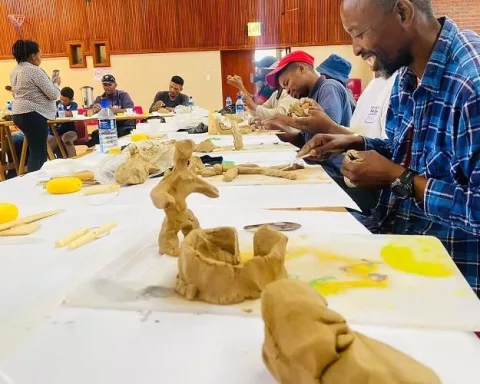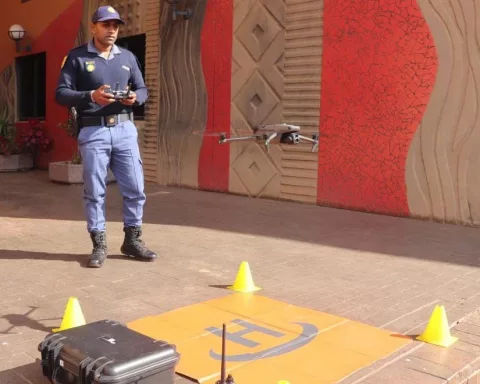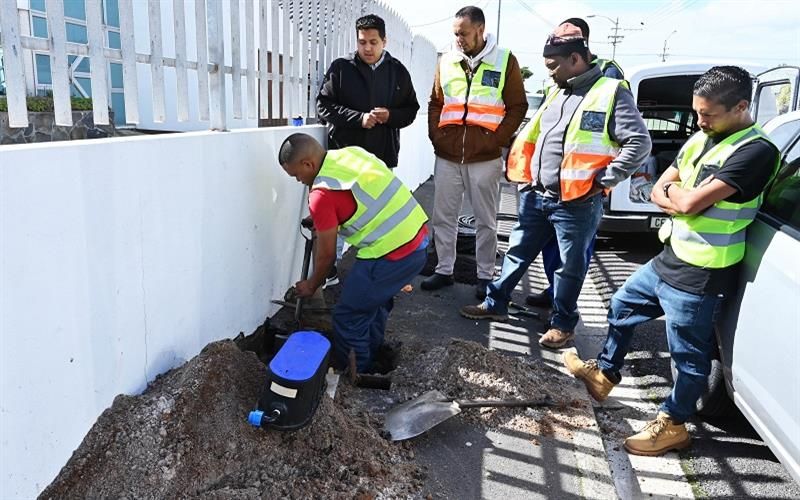In July 2022, eight women were raped in Krugersdorp, which raised concerns about handling personal information by the South African Police Service (SAPS). The personal data of the victims was leaked on internal SAPS WhatsApp groups and later found its way onto social media, causing distress to the victims and their families.
SAPS Apologizes and Conducts Internal Investigation
National Police Commissioner, General Fannie Masemola, has issued a national apology to the victims and their families, stating that the SAPS “regrets the disclosure of such personal information and apologizes to the victims of the dreadful crimes for the information breach and the hardship caused as a result.” The SAPS conducted an internal departmental investigation into the matter, which found that the victims’ personal information was shared inappropriately, but no ill intent was uncovered.
SAPS Shared Information to Apprehend Suspects
The SAPS shared the victims’ personal information on various internal WhatsApp platforms to mobilize all necessary role players and resources to apprehend those responsible for this heinous crime. While tracing the suspects, the SAPS Management of Gauteng, relevant districts, stations, and units were alerted of the crime and requested to mobilize resources. WhatsApp messages were used to communicate due to the urgency of tracing the suspects. However, the victim’s personal information was disclosed in the WhatsApp messages on SAPS WhatsApp groups, which were then leaked on social media.
SAPS Takes Measures to Avoid Future Breaches
The SAPS Management continues to issue directives and drive internal awareness campaigns within the SAPS to avoid a repeat of such information breaches. Furthermore, the Management of the SAPS assures all people in South Africa of its commitment to comply with the Protection of Personal Information Act 4 of 2013.
SAPS Must Ensure Personal Information Protection and Rebuild Public Trust
Acknowledging the gravity of this incident and its impact on the victims who have already suffered a traumatic experience is essential. The SAPS must ensure that such incidents do not occur in the future and take appropriate measures to protect the victims’ personal information.
Furthermore, the SAPS must work to rebuild the public’s trust, especially those who have been victims of gender-based violence and femicide (GBVF)-related crimes. Crimes against women and children remain a priority for members of the SAPS, and the SAPS must continue to work towards creating a safer South Africa for all.
In conclusion, while the SAPS has taken accountability for the breach, it must take proactive steps to prevent similar incidents from happening in the future. Safeguarding personal information is crucial, and the SAPS must ensure it is handled with the utmost care and sensitivity. In addition, the SAPS must work towards building public trust and confidence in its ability to protect citizens, especially those who are most vulnerable to GBVF-related crimes.












